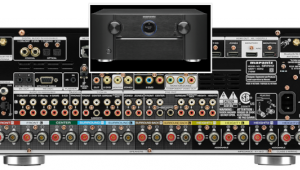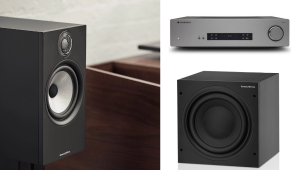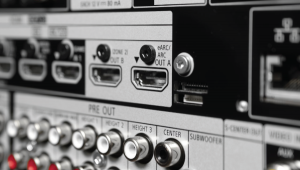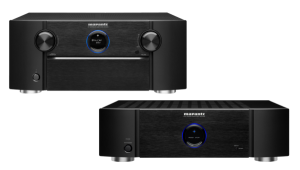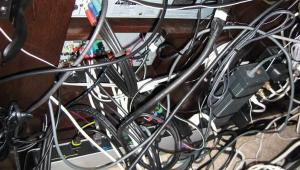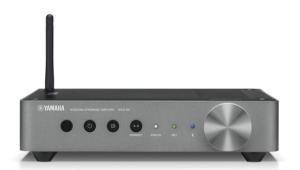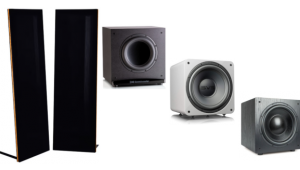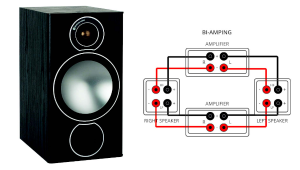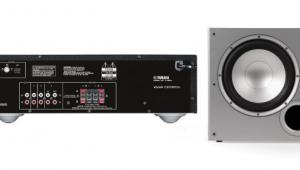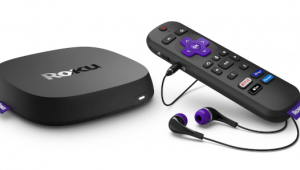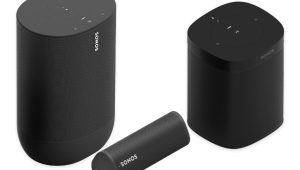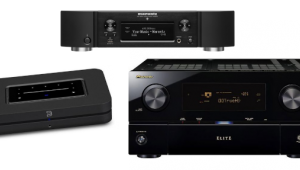Restoration, BD vs. Cable, BD Soundtracks

When movies are restored for Blu-ray, why do some not look very good? Does it have to do with the film elements themselves? Why are some films harder to restore for Blu-ray? Are movies from the '50s, '60s, '70s, and '80s harder to restore in high-def than films of today?
Ken Kraly
This is a many-layered question to which there is no single answer. First of all, each film is unique in the quality of the master, depending on how it was shot, edited, processed, and transferred to video, so the quality of the final Blu-ray image can vary widely, even between two films from the same studio. In some cases, the film elements themselves are degraded, especially if the film is old. Also, restoring older films is an art as much as a science, so the results can vary widely between different restoration companies or even individual engineers. Some older movies and TV shows, such as Star Trek Season 1, look fabulous on Blu-ray, while some newer ones, like the original release of The Fifth Element, do not. (Bonus question: from which episode of Star Trek is the image above taken?) Finally, there's the amount of money the studio spends to prepare a movie for Blu-rayif the studio is tight with the budget, the end result is likely to suffer.
Small Differences
I have a 26-inch, 720p Sony HDTV that serves me well since I only sit about five feet away due to room constraints. From what I've read, Blu-ray should still look really good on a 720p display. I do have cable, which has a good HD picture. In fact, the premium movie services look great on this Sony. My question is, how much better will a Blu-ray disc look on the Sony compared to my cable company's HD video. And since it is an upconverting DVD player, will I notice a difference with regular DVDs?
David Bendau
I agree that Blu-ray should look pretty good on that set, though I'm not sure how much better it will look than cable HD. Normally, good Blu-ray discs look noticeably better than cable, but in your case, the TV must scale both down to 720p, so I suspect the difference won't be significant. As for regular DVDs, they will be upconverted by the Blu-ray player or TV, and one is likely to do a better job than the other, though again, I suspect the difference will be minimal on a TV of that size.
Misinformed
We just purchased an Optoma HD65 projector, and we already have a Panasonic HT-SC920 home-theater-in-a-box system. We also bought a Blu-ray player. The projector is only 720p, so I wasn’t sure if Blu-ray would be that much better than an upconverting DVD player, but it was incredibly better, even better than watching HDTV.
My problem is that a lot of Blu-ray discs only have a DTS-HD MA soundtrack, which my Panasonic system can't play; it just shows error. Some discs offer the option to play DTS-HD or Dolby Digital, and the Dolby Digital works great. Is there anything I can do to downconvert DTS-HD, or do I need to buy another sound system?
Vince C.
Actually, all Blu-rays must have at least one of the following formatsDolby Digital, DTS, or uncompressed PCMin addition to DTS-HD or any other format. Your Panasonic HTIB can certainly handle any of these, so there's no need to buy a new audio system; just select one of the basic formats on the disc and you're good to go.
Which Blu-ray player did you get? If it can decode DTS-HD and Dolby TrueHD internally and send PCM digital audio to the Panasonic, you're golden. Alternatively, you can connect the optical or coax digital-audio output from the player to the Panasonic and hear conventional DTS or Dolby Digital, even if one of the advanced audio formats is selected in the disc's menu.
If you have a home-theater question, please send it to scott.wilkinson@sorc.com.
